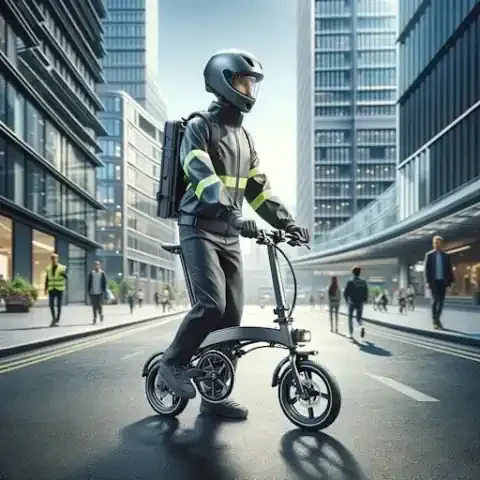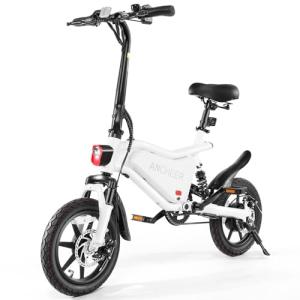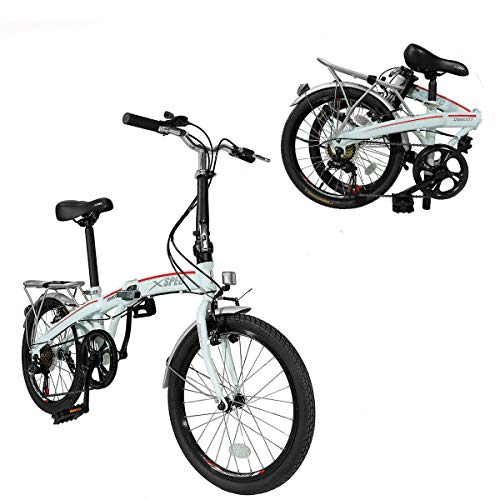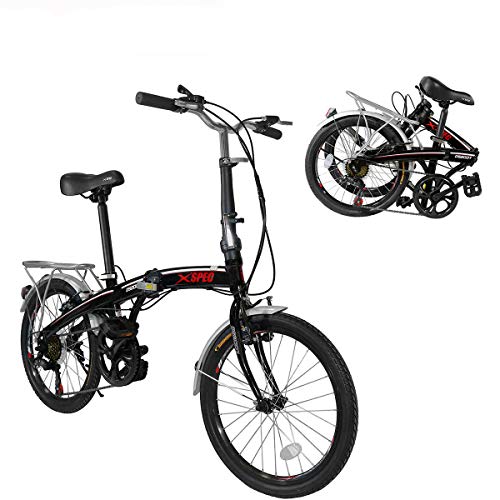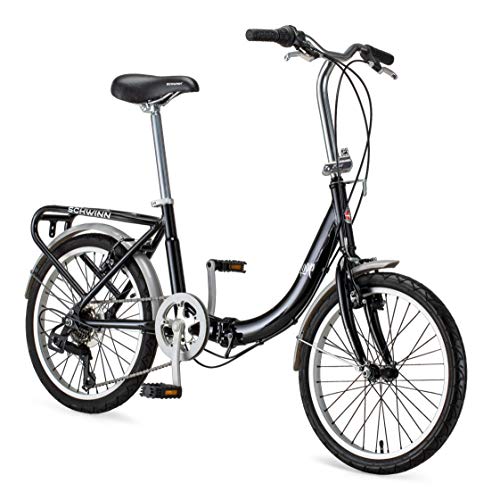Urban living presents unique challenges, particularly when it comes to commuting. Congested roads, limited parking, and the quest for eco-friendly transport options have led city dwellers to seek alternatives. Enter folding bikes: a compact, efficient, and sustainable solution. This 1000-word article explores how folding bikes are not just a trend, but a practical answer to the complexities of urban living.
1. The Rise of Folding Bikes in Urban Landscapes
In the heart of bustling cities, space is a premium, and convenience is key. Folding bikes address both. They have gained popularity as a practical means of transportation for city dwellers due to their unique ability to blend the efficiency of a bicycle with the convenience of being easily portable and storable. These bikes can be folded into a compact form, making them easy to carry onto public transportation, store in small apartments, or stow away in office spaces.
2. Design and Engineering: The Mechanics of Folding Bikes
The design of folding bikes is a marvel of engineering. They typically feature a hinged frame that allows the bike to fold in half, along with foldable pedals and a collapsible steering column. Modern folding bikes are designed with a focus on ease of folding and unfolding, often achievable in mere seconds. Despite their collapsible nature, these bikes don't compromise on strength and durability. Advanced materials like aluminum and carbon fiber ensure they are lightweight yet robust enough for daily use.
3. Performance and Versatility: Suitable for Various Urban Needs
Contrary to some misconceptions, folding bikes offer excellent riding experiences. With advancements in design, they provide comfort, stability, and performance comparable to full-sized bikes. Many models come equipped with gears and accessories like racks and fenders, making them versatile for different urban commuting needs, whether it’s a leisurely ride in the park or a swift commute to work.
4. The Environmental Impact: A Step Towards Sustainability
Folding bikes are more than just a convenient mode of transportation; they are a green choice. By opting for these bikes, commuters contribute to reducing traffic congestion and air pollution, a significant concern in urban areas. Folding bikes encourage a shift from car-dependency to a more sustainable, active mode of travel, aligning with the growing global emphasis on environmental responsibility.
5. Space-Saving and Theft-Preventing: Addressing Urban Challenges
One of the biggest challenges of urban cycling is the storage and security of bikes. Folding bikes offer a neat solution. Their compact size means they can be taken into offices, homes, or cafes, reducing the risk of theft, a common concern for city cyclists. This feature also eliminates the need for public bike racks, which are often overcrowded or unavailable in many urban areas.
6. Integration with Public Transportation: A Seamless Commute
An essential advantage of folding bikes is their compatibility with public transportation. Their collapsible nature allows them to be easily carried onto buses, trains, or subways, overcoming the limitations of traditional bikes. This integration offers a seamless commuting experience, particularly useful for those with longer commutes where cycling the entire distance is impractical.
7. Health Benefits: Promoting Active Lifestyles
Beyond the practicality and environmental benefits, folding bikes promote an active lifestyle. Regular cycling, even for short urban commutes, contributes positively to physical health, reducing the risk of chronic diseases. Moreover, cycling has been shown to improve mental health, providing a stress-relieving break from the hustle and bustle of city life.
8. Economic Advantages: A Cost-Effective Mode of Transportation
Folding bikes are also an economically sound choice. They eliminate fuel costs, reduce public transport expenses, and have lower maintenance costs compared to cars and motorbikes. For city dwellers looking to economize, especially in times of rising living costs, folding bikes present a financially viable alternative.
9. The Social Aspect: Building Communities
The folding bike community is growing, fostering a sense of camaraderie among urban cyclists. This community often organizes rides and events, offering opportunities for social interaction and the sharing of tips and experiences. The rise of folding bikes is not just changing how people commute; it's also building a community of like-minded individuals.
10. The Future of Urban Commuting: Folding Bikes Lead the Way
As cities continue to evolve, the need for sustainable, efficient, and space-saving transportation becomes more critical. Folding bikes are at the forefront of this evolution. They offer a practical solution to urban commuting challenges, combining convenience, sustainability, and affordability.
Embracing the Fold for a Better Urban Future
Folding bikes represent a significant shift in urban transportation. They are a solution tailored to the demands of city living, offering a blend of practicality, environmental friendliness, and health benefits. As urban areas continue to grow and evolve, folding bikes stand out as a symbol of adaptability and sustainability. They are more than just a mode of transportation; they are a lifestyle choice, paving the way for a more efficient, eco-friendly, and enjoyable urban future. Whether for commuting, exercise, or leisure, folding bikes are proving to be an indispensable tool for the modern urbanite.
Xspec 20" Folding Commuter Bike, Black
Unfold Your Commuting Potential with Xspec Folding Bike in Black!
Product information
$249.99
Product Review Score
4.72 out of 5 stars
211 reviewsProduct links
